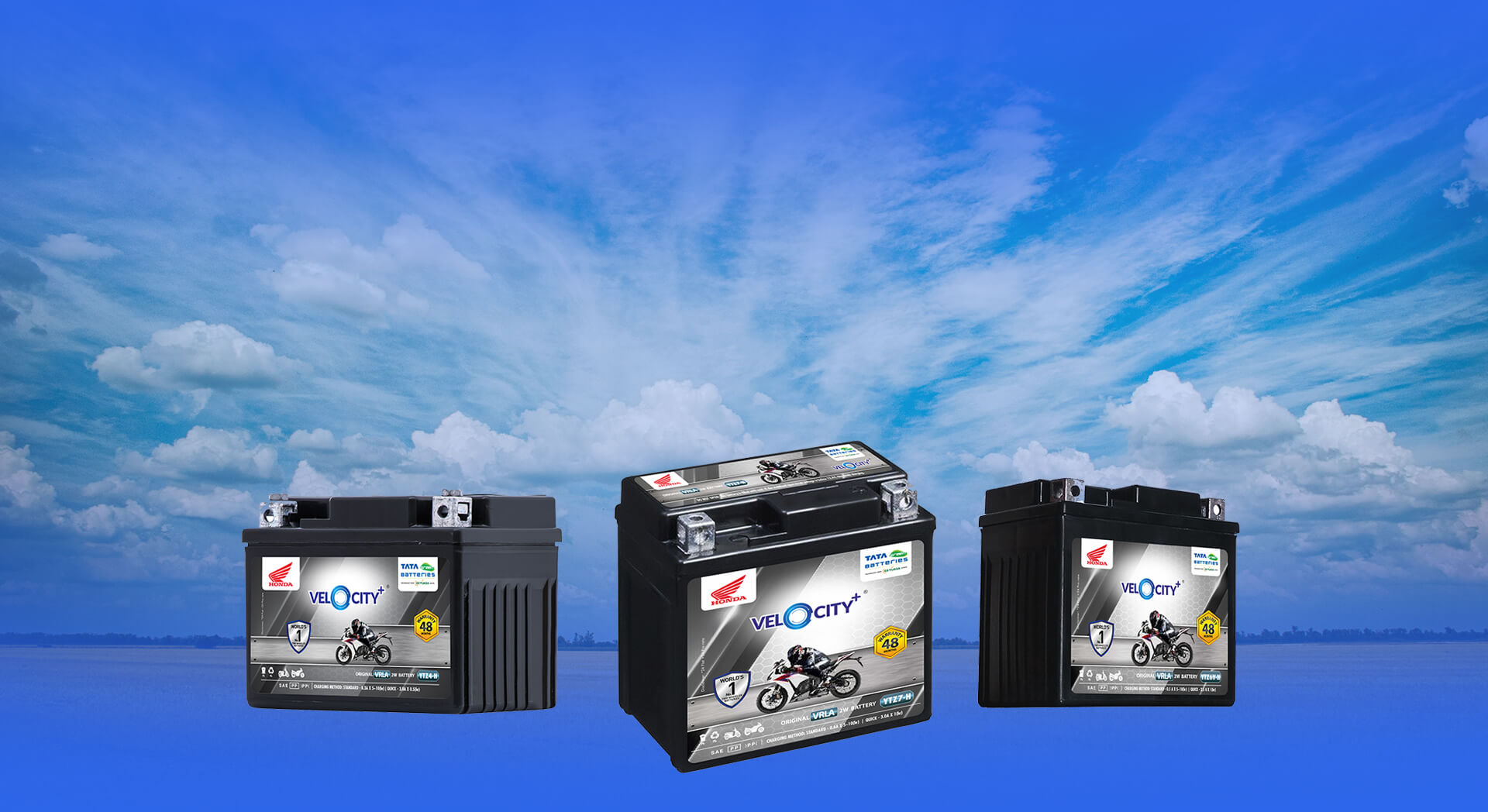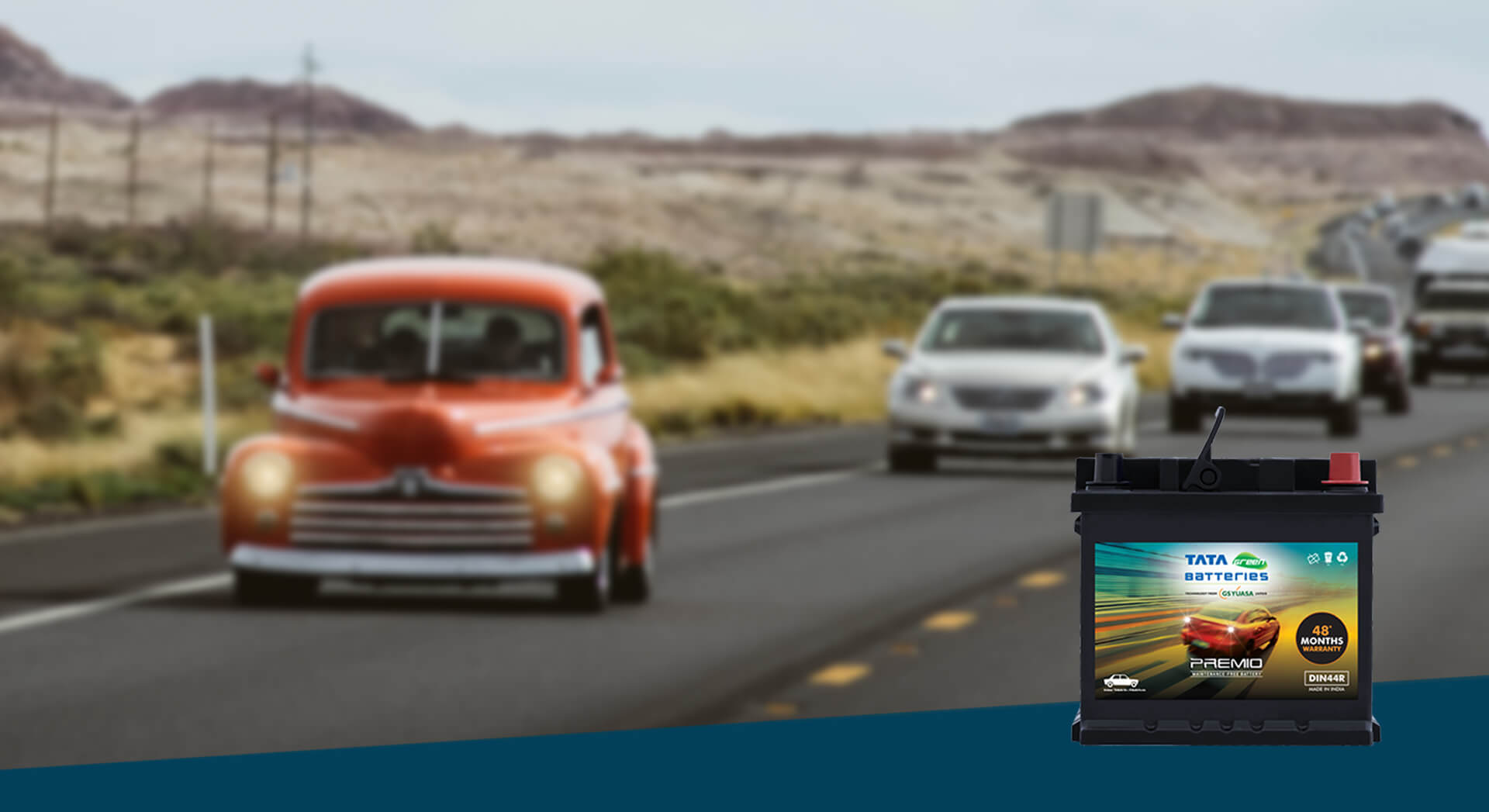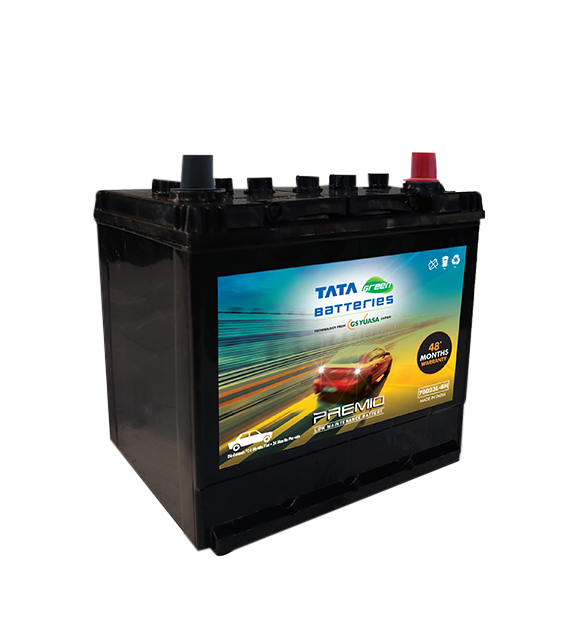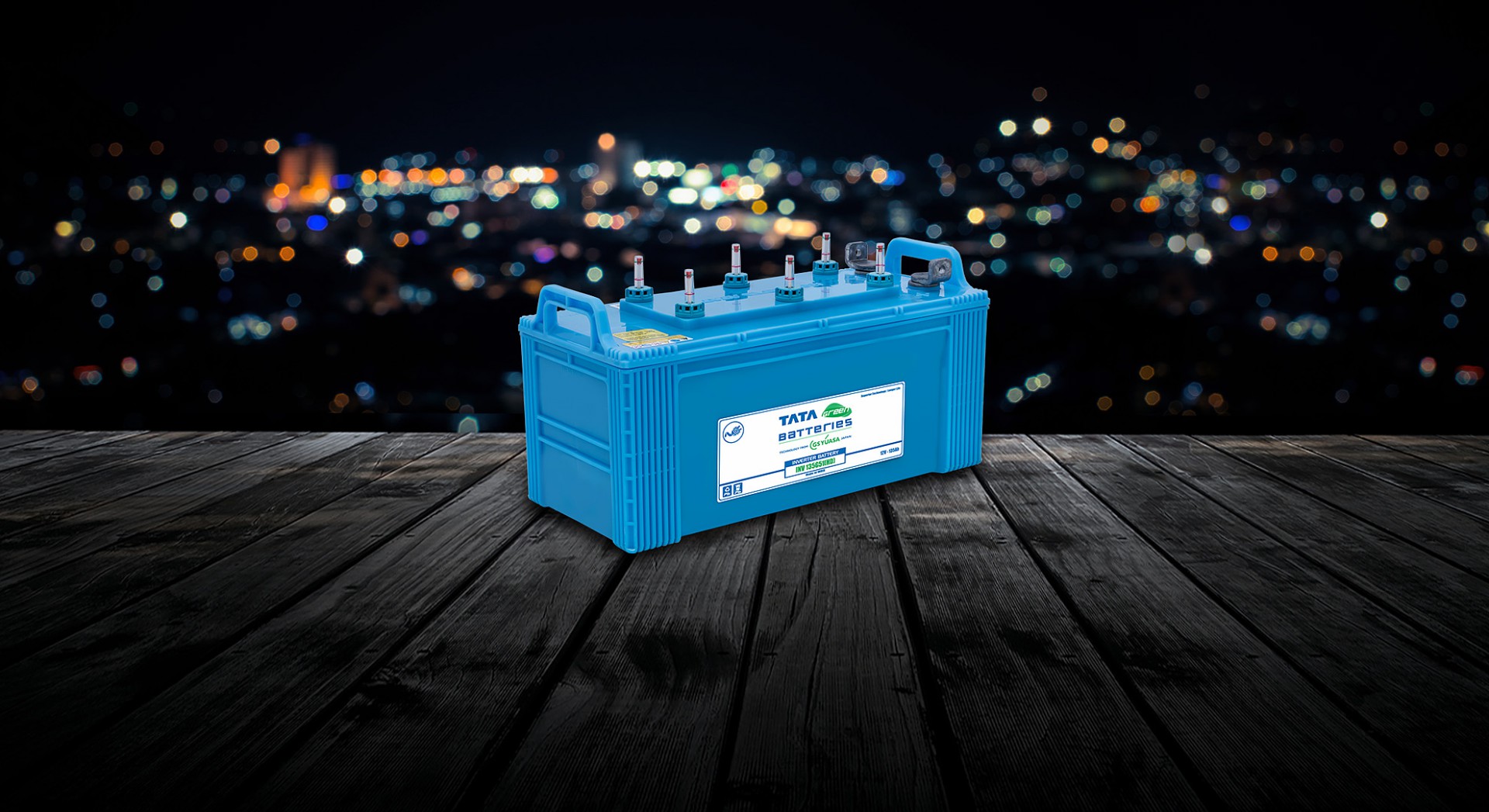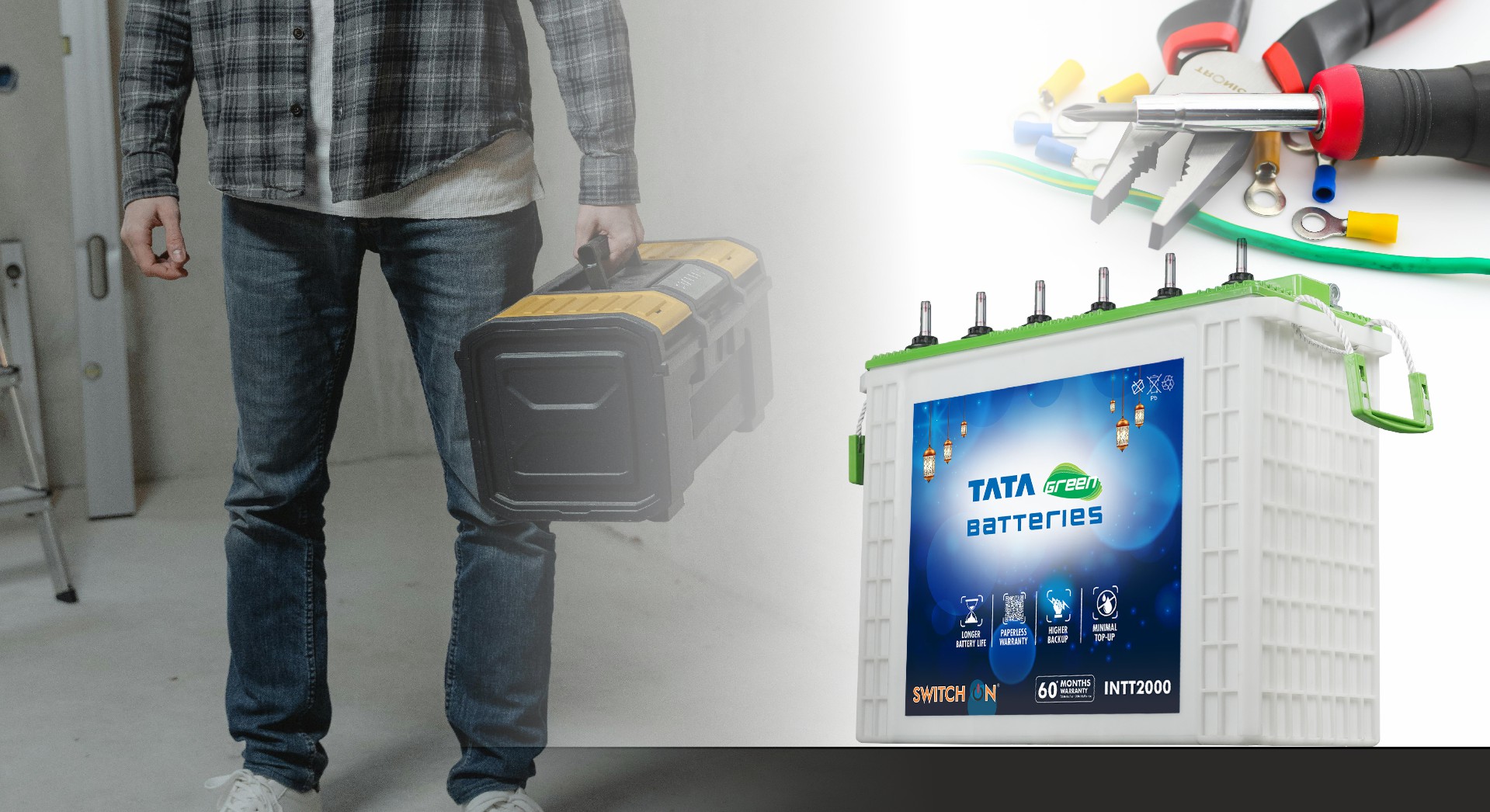All vehicles, whether electric vehicles (EVs) or traditional liquid/gas fuel-powered vehicles, have a battery. It is a crucial component of the vehicle that powers the electrical systems, including the starter, audio system, and air conditioning system. However, do you know that different kinds of vehicles use different types of batteries?
For example, the battery in your farm factory is not the same as the one in your car. And, it may not be hard to understand why? After all, both these types of vehicles serve different purposes, and they need different types of batteries to suit their performance. Although the car and tractor batteries share some similarities in design, they have many differences.
In this blog, we explore the details of the differences between a car and a tractor battery. Read on!
One of the primary and most basic distinguishing factors between a car and tractor battery is their voltage. Typically, the voltage of car batteries ranges between 12 and 14 volts. In contrast, the tractor batteries are more heavy-duty and they have a high voltage of up to 24 Volts, mostly used in parallel connections, where heavy equipment is required to be used.
As a car or tractor owner, it is your responsibility to check the battery frequently and maintain it regularly. This not only helps extend the battery’s lifespan but also ensures optimal battery functioning.
But in terms of maintenance requirements, a car battery requires less maintenance than a tractor battery. You must check the battery at least once in three months. Whereas, since you may drive your tractor through fields of mud and dirt, it is advisable to check the battery every few days and clear any dust and debris that may have settled around it.
This will help keep the tractor performing well and you wouldn’t face any issues ploughing the field or harvesting the crops.
Another important point of difference between a car battery and a tractor battery is their design. A car battery is specifically designed to produce a large amount of current in a short span.
A tractor battery, on the other hand, is meticulously designed to be a deep-cycle battery. This means it generates a steady amount of current over a longer period.
Additionally, compared to a car battery, tractor batteries have the capacity to withstand a higher number of discharge cycles.
When discussing the difference between a car battery and a farm tractor battery, durability is a crucial factor that cannot be overlooked. After all, regardless of the type of vehicle you drive, you would want the battery to last long and provide excellent performance, ensuring every drive is enjoyable and smooth.
Every battery has a different CCA, or Cold Cranking Amps, which measures the battery’s ability to crank or start the engine in a cold environment at low temperatures. Since tractors are typically driven in harsh conditions and rugged terrain, they require a battery with a higher Cold Cranking Amps (CCA) rating to start the engine.
Apart from having a higher CCA, the tractor battery must also have a deep-cycle service, allowing it to deliver more amp-hours (AH), which measures the power that the battery can provide over a specific time.
Therefore, every time you start a tractor, its battery delivers a higher CCA and AH, which can lead to increased wear and tear. And, therefore, the tractor’s battery has less durability than a car battery.
There are two types of tractor batteries – lead-acid batteries and sealed batteries.
Most farm tractors in India have lead-acid batteries. They are known for consistent power delivery and cost-effective performance. The sealed batteries are also commonly referred to as maintenance-free batteries. They are more expensive than lead-acid batteries, but they do not require any maintenance.
There are different types of car batteries. The most common types are lead acid batteries, and SLI (starting, lighting, ignition) batteries, Lithium-Ion batteries Etc.
The lead-acid battery is the most traditional and widely used type of battery in cars worldwide. These batteries require periodic maintenance and topping up with distilled water. The SLI batteries are also quite commonly used in cars, and they focus on delivering a high amount of current in a short period. Over the years, lithium-ion car batteries have gained immense popularity and are most used in power EVs (electric vehicles) and hybrid cars. They are specially engineered for delivering superior performance, and they have low-maintenance needs.
Conclusion
There you go, now you know the differences between a car battery and a tractor battery. So, do you due diligence and ensure that you choose the right kind of battery for your vehicle. And if you are looking for the best battery for your car or your tractor, you can check out the wide range of top-notch quality batteries offered by Tata Green Batteries.
You can easily narrow down your search by selecting the battery type, vehicle manufacturer, and model that you drive. Each of their batteries come with an excellent warranty of up to 72 months, which speaks volumes of their superior quality.

